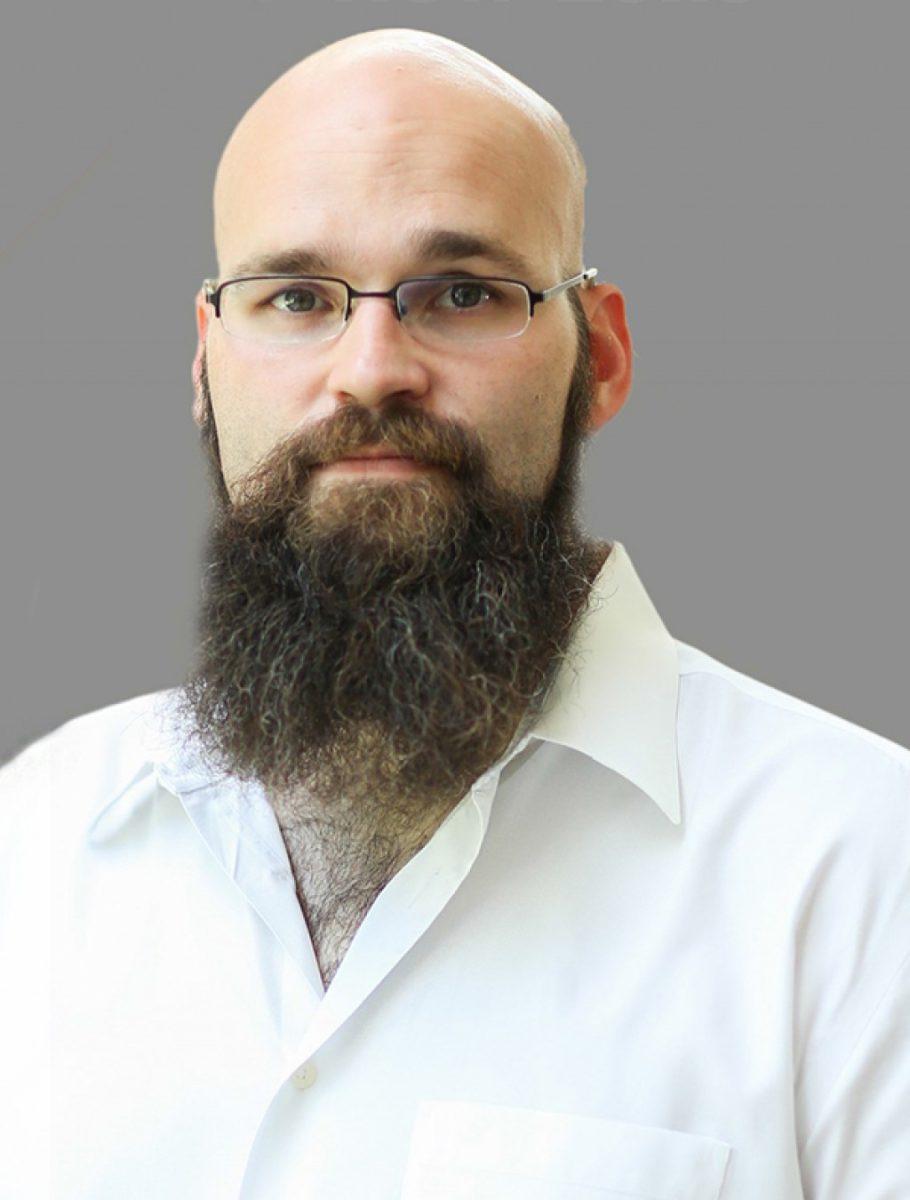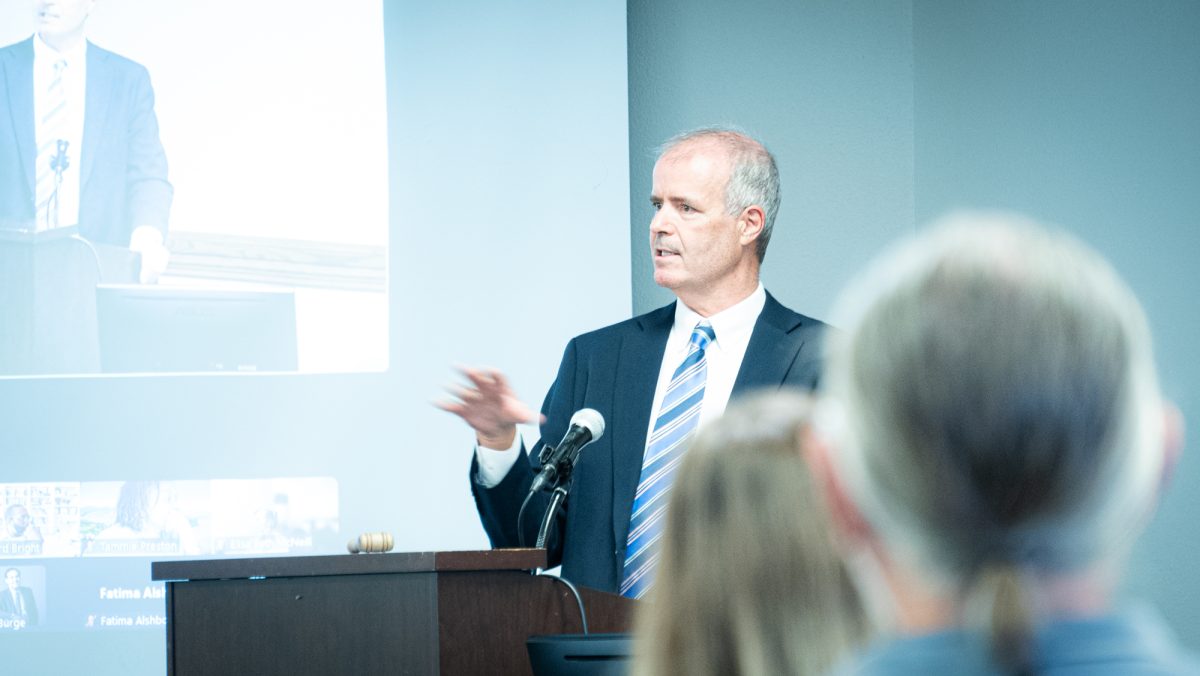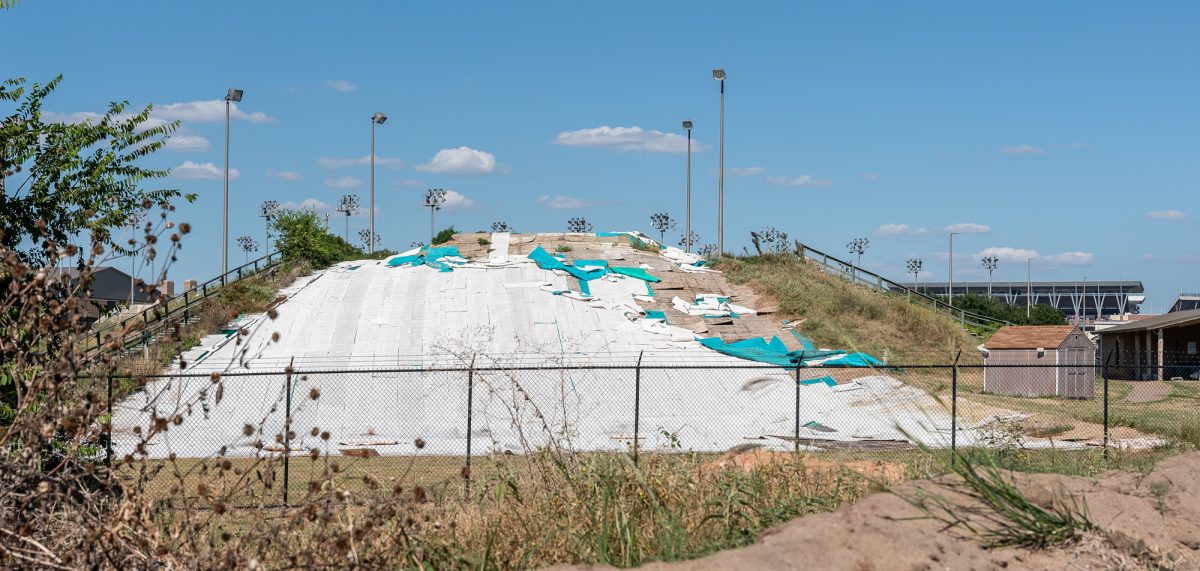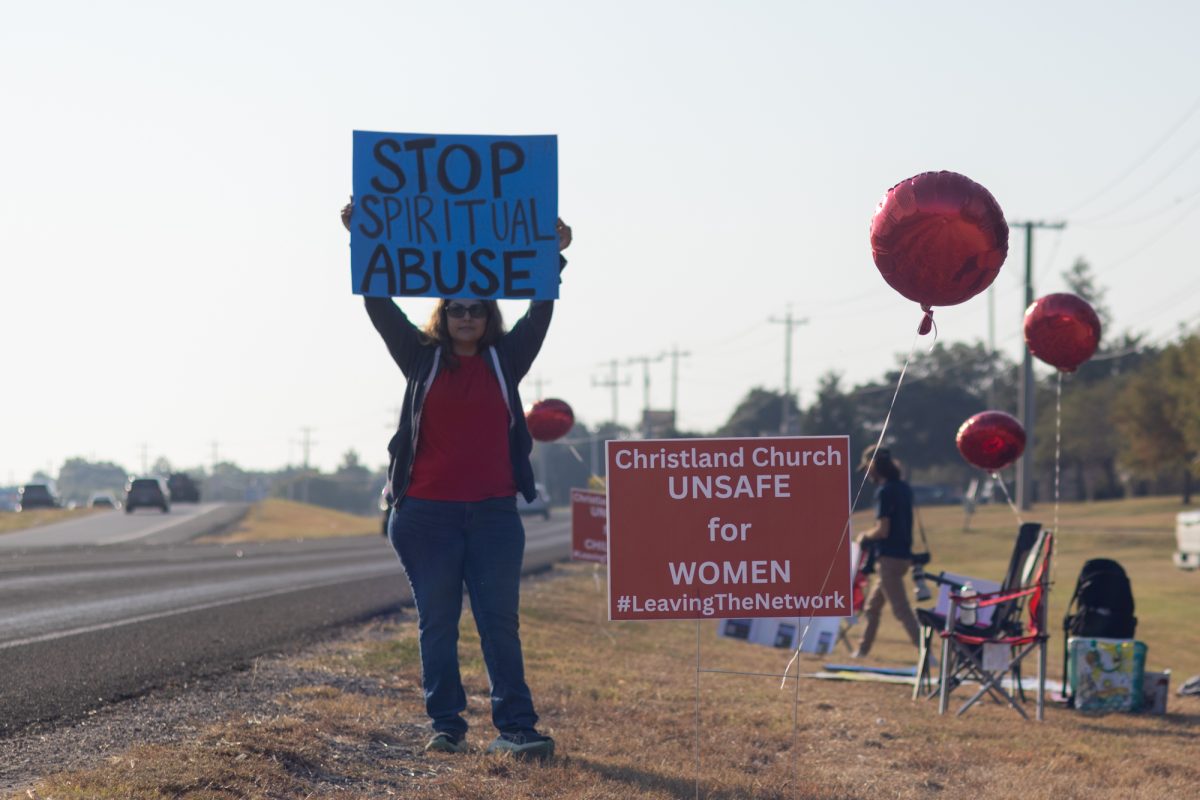THE BATTALION: What is Veteran Critical Theory?
PHILLIPS: Veteran Critical Theory is a way of talking about veterans and a way of evaluating programs, policies and procedures that concern veterans that recognizes systematic flaws over veteran flaws. It is a language that can be used by researchers and policymakers as well as an evaluative set of techniques that can be used for better understanding the experiences of veterans. Part of Veteran Critical Theory is the idea that veterans aren’t being listened to, but rather, civilians’ voices are being privileged and creating the circumstances to which veterans are subject.
THE BATTALION: What do you mean by systematic flaws rather than veteran flaws?
PHILLIPS: Disability Theory gained popularity using a medical model, and the general sentiment was that people with disabilities were ‘broken,’ and we need to fix them so they can live in the ‘abled’ world. So it’s the idea that if there is a staircase, we can make a wheelchair that can climb a staircase. The systematic, or the social model of Disability Theory, argues it is the system that’s the problem; it’s not that the person is broken, it is that we are asking something of them that is unnecessary. If we just get rid of the staircase, there is more access. I am arguing that we need to do same thing with student veterans and recognize that the system might be at play in the problems that some student veterans face.
THE BATTALION: How do we do that?
PHILLIPS: We do that through engaging in programs, policies and procedures that recognize the value of student veterans. We do that by changing the conversation from a ‘broken’ student veteran to a ‘resilient’ student veteran. Then we evaluate the way that universities are run, thinking about how we can be inclusive of the student veteran population. Student veterans don’t need handouts and student veterans don’t need easy ways out. Student veterans need to be respected and accepted.
THE BATTALION: What got you into this research? Are you close to veterans, or are you a veteran yourself?
PHILLIPS: No, I am not a veteran. No one in my family has served other than my late grandfather who fixed navigational equipment in World War II. I taught developmental mathematics at Blinn, and many of my students were veterans. I was particularly interested in how they were juggling coming back to colleges and universities, specifically the developmental classes, after serving in multiple wars or serving, but not on combat missions. I started doing research on their experiences in the classroom, and I was looking for a good theory to use, and there was no good theory. So my original interest with veterans started with being a faculty member.
THE BATTALION: Were there characteristics veterans in your class had in common?
PHILLIPS: The commonalities were systematic commonalities. My veterans — demographically, personality, value, focus, ability — were completely different across the map. However, having trouble getting money to buy the books before halfway through the semester — always a problem. Frustrated at the system and not able to focus on their work — always a problem. Frustration at other students who were not paying attention or not recognizing their opportunity in the classroom — always a problem.
THE BATTALION: How does your research relate to A&M?
PHILLIPS: I think that A&M has put a great foot forward in creating veteran programs and resource centers that serve veterans. I think that as veteran populations increase, Texas A&M will need to increase the funding and awareness of those programs. I also think that one of the tenets of Veteran Critical Theory is that veteran culture is a culture built on honor, trust and respect, and by just using that as a guideline we can start evaluating policies and programs that are serving veterans and make sure that these policies are serving veterans with honor, trust and respect.
THE BATTALION: What can A&M do to help student veterans?
PHILLIPS: Texas A&M University does a great job of putting their Veteran Resource Center in a predominant position of respect on campus. For Texas A&M, improving means faculty awareness that they have veterans in their classrooms, administrative awareness that programs and resources dedicated to veterans may need more funding and personnel, and that the veteran voice needs to be included in how these programs, policies and procedures are created and run.
Serving those who served
November 11, 2014
0
Donate to The Battalion
Your donation will support the student journalists of Texas A&M University - College Station. Your contribution will allow us to purchase equipment and cover our annual website hosting costs.









